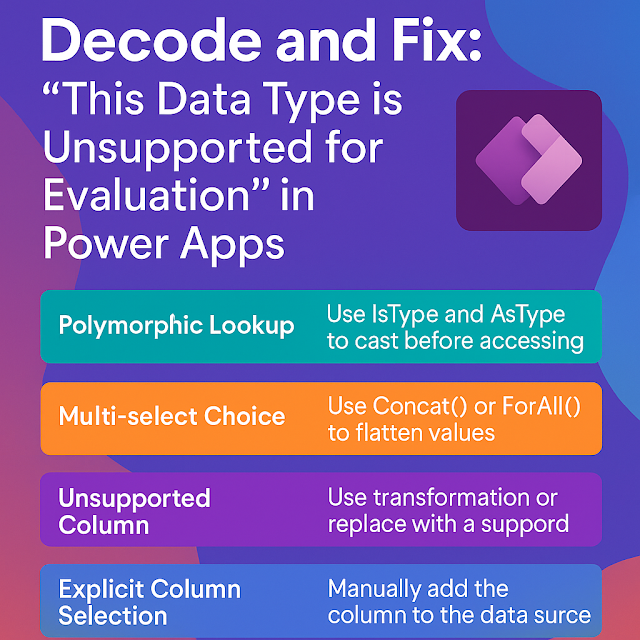Power Platform : Types of Accounts and Identities
The development of computer networking and the Internet in the 1990s led to the development of more sophisticated user account systems. Throughout this history, the role of user accounts has evolved from simple login credentials to comprehensive digital identities that provide access to a wide range of digital resources and services.
Nowadays, everyone and every device has an identity that can be used to access resources. By definition, identity is the way people and things are identified on our computer networks and in the cloud. User account describes who you are, but it is not enough to give you access. When combined with the password, which should be known only to that user, it allows access to our systems. User account and password together are a form of authentication.
In the context of Power Platform and Dynamics CRM (Customer Relationship Management), a user account refers to an account that represents an individual user or individual that interacts with the platform or CRM system. User accounts in Power Platform and Dynamics CRM play an important role in ensuring secure and controlled access to data and functionalities. They are central to managing the user experience, security and overall efficiency of these platforms within an organization.
Here's an overview of each:
User Account :
An user account represents an individual user within an organization. It associated with a person and typically corresponds to an employee or monitor of the organization. User accounts can be assigned different roles and permissions to control their access to data and functionalities.
Purpose:
User accounts use to log in, access application and perform tasks within the Power Platform and Dynamics CRM.
Application User:
An application user is a specific type of user account that represents an application or service, not an individual person. Application users are typically used when we need to automate processes, integrations, or run background services that require access to Power Platform or Dynamics 365.
Purpose:
It is designed to represent applications or services that need to interact with Power Platform or Dynamics 365 on behalf of an organization
Service Account :
A service account is a user account specifically created and used to run a service, application, or process. Typically, service accounts are often used to run Windows sessions, background tasks, or automated scripts.
Purpose:
Service accounts, in context, may represent any account used by a service, application, or script to access resources, including, but not limited to, Power Platform and Dynamics 365.
Managed Account:
Managed accounts are configured to securely store the credentials, keys, or tokens required to access an external service. It is used to establish secure connections and access data or services from external systems. Such accounts may not correspond to an actual person but are used to provide a dedicated identity to a service or application.
Purpose:
Managed accounts give organizations greater control over user access and security. They can help enforce password policies and ensure accounts are properly configured.
Service Principal:
Service principal is often used when we need to authenticate and authorize applications and services to access resources in Azure Active Directory (Azure AD) or other Microsoft services. It is associated with the application rather than personal use. It can be assigned roles and permissions, allowing it to interact with resources on behalf of the application or service it represents.
Purpose:
Service principals are used for authentication and authorization in a variety of scenarios, including Azure services, APIs, and applications that require access to other resources. It is typically authenticated using a client ID and client secret, certificate-based authentication, or other methods depending on the context.
Summary:
In essence, these account types serve different roles in identity management and access control. User accounts and application users are specific to Microsoft technologies, service accounts are a broader concept used in a variety of contexts, managed accounts are user accounts with central management, and service principals are used for service-to-service authentication and authorization. There are known identities, often in Azure. These are used for automation, application users specially designed to represent applications and services within Power Platform and Dynamics 365 with dedicated authentication and access control mechanisms. These accounts and identities play different roles in securing, automating, and managing interactions between applications, services, and users within the Power Platform and Dynamics 365 ecosystem. Specific use cases and configurations may vary based on the needs and requirements of the organization.












Comments
Post a Comment